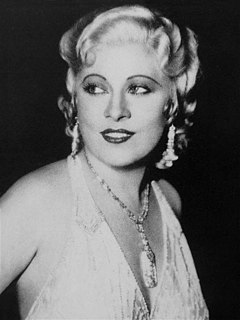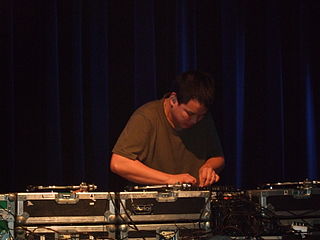A Quote by Mae West
Personality is the glitter that sends your little gleam across the footlights and the orchestra pit into that big black space where the audience is.
Related Quotes
Until your personality has exhausted its obsession with running the show, your soul isn’t given the space to express itself. Your personality can be threatened by your soul, because your personality has controlled your life for a long time and doesn’t want to give up control. Your personality is like a wild horse that tries to throw off the rider trying to tame it. The rider is your soul.
I learned to glitter the pumpkins for Halloween not because I went into it thinking, 'I'm going to glitter some pumpkins!' No. I bought all of these big, cold, slimy, disgusting pumpkins and tried to carve them, and it was gross, so I had to find something else to do with them. Glitter was life-changing.
Conversation should be like juggling; up go the balls and the plates, up and over, in and out, good solid objects that glitter in the footlights and fall with a bang if you miss them. But when dear Sebastian speaks it is like a little sphere of soapsud drifting off the end of an old clay pipe, anywhere, full of rainbow light for a second and then - phut! vanished, with nothing left at all, nothing.
The last collaborator is your audience ... when the audience comes in, it changes the temperature of what you've written. Things that seem to work well -- work in a sense of carry the story forward and be integral to the piece -- suddenly become a little less relevant or a little less functional or a little overlong or a little overweight or a little whatever. And so you start reshaping from an audience.
Speakers find joy in public speaking when they realize that a speech is all about the audience, not the speaker. Most speakers are so caught up in their own concerns and so driven to cover certain points or get a certain message across that they can't be bothered to think in more than a perfunctory way about the audience. And the irony is, of course, that there is no hope of getting your message across if that's all the energy you put into the audience. So let go, and give the moment to the audience.



































